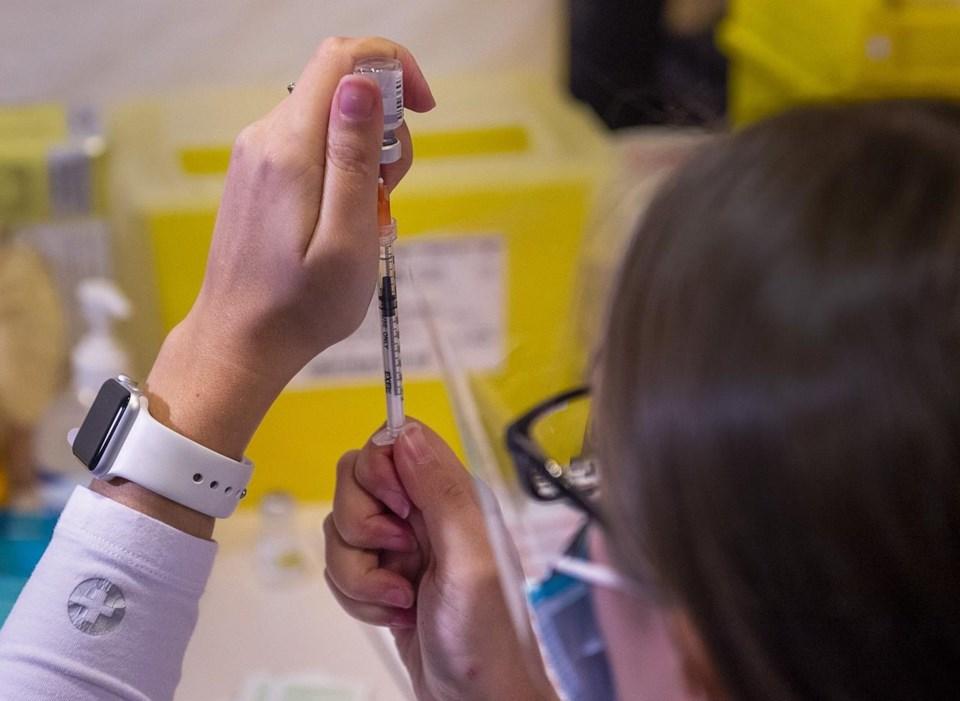Several provinces began expanding their COVID-19 vaccination programs to members of the general population on Monday amid the prospect of more regular deliveries and the imminent arrival of a third approved vaccine.
Ontario, Quebec, and British Columbia started or announced plans to start vaccinating older seniors living in the community, after a first phase that focused largely on health care workers, remote communities, and long-term care.





